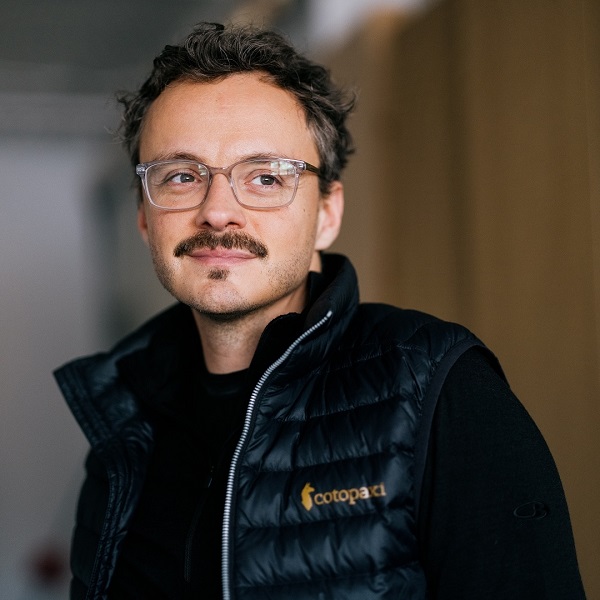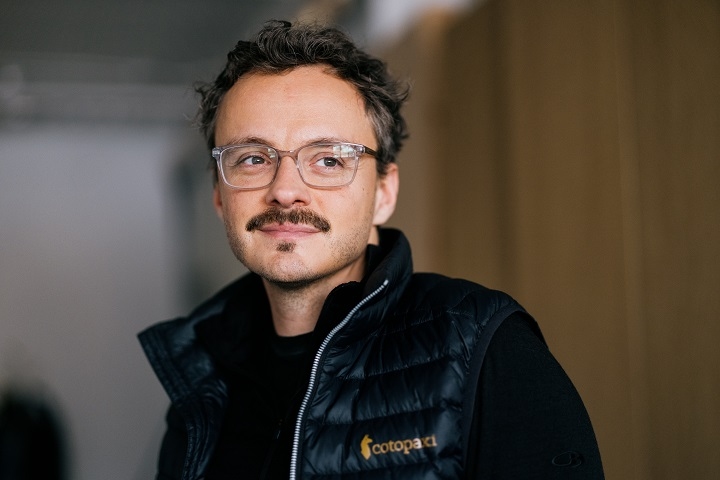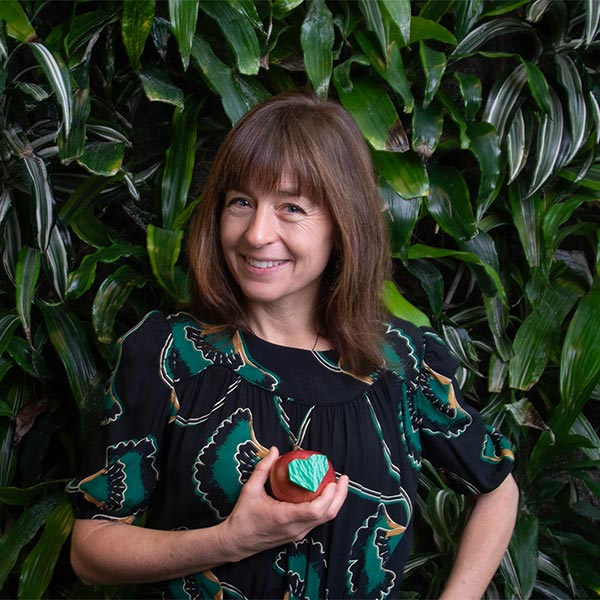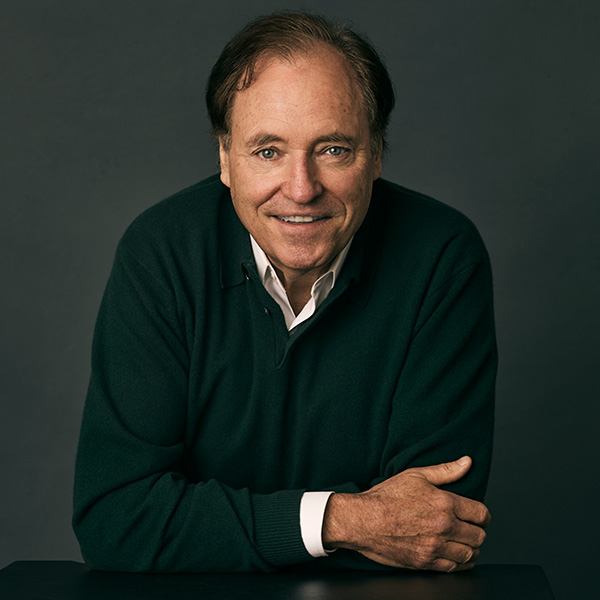Back in early 2009, Jonathan Glencross, BA’11, then an undergraduate at McGill’s School of Environment, was working closely with Jim Nicell, McGill’s associate vice-principal for university services at the time, on what would become the Sustainability Projects Fund. The two would be the key players in the creation of the SPF, which has gone on to support more than 400 sustainability-themed projects since it was officially launched 15 years ago.
“Jonathan and I worked together over a very long period to lay the groundwork for the SPF,” says Nicell. “I think it was really important for us to partner in the pitches to various groups so that we could make it clear that this was a true partnership between students and the administration.”
The University leadership’s decision to match students’ contributions to the SPF dollar for dollar was pivotal, says Nicell. “Jonathan and other student leaders felt that McGill had to have ‘skin in the game’ to make this work.”
Glencross led the effort for the decisive student referendum on the SPF. “Jonathan played an incredibly important role in getting the proposal in front of students. His passion was infectious and very convincing,” says Nicell. The pro-SPF side won in a landslide with one of the largest student voter turnouts in McGill history – thanks in large part to Glencross’s efforts.
Those efforts didn’t go unnoticed. He was named a Hometown Hero by Earth Day Canada, a Personality of the Year by Quebec’s Forces Avenir, and received the University’s inaugural Emerald Key Award for students who have “made an outstanding and enduring contribution to the sustainability movement at McGill.”
National and provincial political parties, on the hunt for charismatic young candidates in the wake of the Maple Spring/Printemps érable student protests, reached out to him.
But Glencross chose to travel instead, taking part in speaking engagements and briefly living in South Africa, where he wanted to be able to see the momentous post-apartheid political changes occurring in that country up-close.
When he returned to Montreal, he was invited to talk with the CEO of the McConnell Foundation about university and foundation endowments. Glencross learned that endowments, though earning money for good causes, were often heavily invested in ways that ran counter to the mission of the organization itself – for example, a hospital’s endowment fund might be invested in tobacco companies.
The meeting left an impression. Glencross went on to build an entrepreneurial career in impact investing – finding investments that are not only profitable but also consistent with the values of the people and organizations he works with.
He became the director of strategy and growth for Purpose Capital (now known as Rally Assets), an impact investment firm whose clientele included foundations and pension funds, as well as some former heads of state and high-profile philanthropic families. “I learned early on that working with the investments of people with influence you have to be discreet,” Glencross says.
He also had the opportunity to collaborate with Sir Richard Branson when Glencross co-founded the Canadian Entrepreneurship Initiative, an effort to support and remove barriers for groups who were underserved as entrepreneurs – women and young people (Branson was the key launch partner for the initiative).
Glencross says he has a knack for reading a room and grasping what he calls the “unconscious algorithm” of the groups he deals with. Understanding what people really want is vital, he says, in making smarter investment decisions.
He regards his early immersion in the world of entrepreneurship and investment as a huge stroke of luck, and says he has been able to surround himself with “some of the most capable, brilliant, and powerful people – whether that be an Indigenous elder, an industry leading entrepreneur or a brilliant investor that no one has heard of. That’s how I learn and grow.”
Today, Glencross is the senior vice-president of Seven Generations Capital, an Indigenous-owned real estate and investment firm with a focus on improving the wellbeing of local communities that don’t typically draw the attention of investment funds.
In some ways, the work that Glencross does these days isn’t that dissimilar from his efforts with launching the SPF at McGill. He is still finding ways to direct funding towards good causes, just on a much bigger scale.
with files from Daniel McCabe, BA’89




